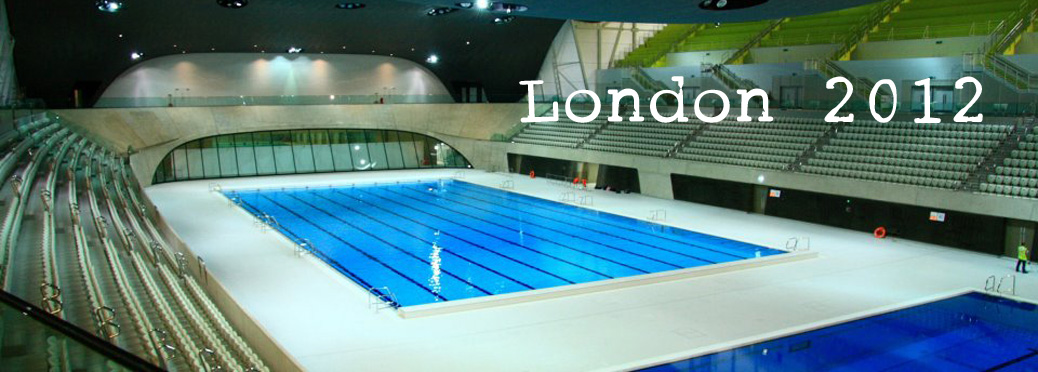
Given the huge interest generated and the finite number of tickets available, obtaining a seat to watch the swimming at the London 2012 Olympics was always likely to be a challenge. Probably though, few people were expecting quite how difficult it seems to have been, not least the prospective competitors.
Swimming is always one of the most popular sports at any Olympics, and given the nature of the field of play, is always likely to have one of the smallest stadiums in relation to the number of potential spectators. In Britain, only Track Cycling, with a venue capacity of around 6000, is likely to have had more interest per seat than swimming. The British success in Beijing has also almost certainly piqued interest further with people who perhaps would otherwise not have been interested also applying for tickets in the 2012 ballot, increasing demand still further.
There were always going to be losers from the 2012 balloting process. A ballot, while flawed, remains the fairest system of allocating a limited resource, but the perceived lack of transparency in the numbers of tickets available and how these were allocated across pricing bands has led people to look much more closely at the outcome.
One of the most controversial aspects to have arisen from the intense scrutiny of the ticketing process has been the allocation of tickets for swimmers’ families. Many parents of potential Olympians, including those of Fran Halsall and Kate Haywood, were amongst the thousands who were unsuccessful in obtaining swimming tickets and while it is only fair that at this stage, with the team still to be finalised, that these people take their chances with everyone else, the subsequent revelations over athlete ticket allocations have come as quite a shock.
The British Olympic Association has confirmed that athletes will generally have the opportunity to purchase two guaranteed tickets for each session in which they are competing, but this allocation drops to a single ticket in the case of swimming. While swimmers should have no right to be treated differently from athletes in other sports it seems churlish in the extreme that they receive only a single ticket.
It has also been stated that athletes will have the opportunity to purchase further tickets should they become available from the Olympic village ticket booth, but at such a critical point of their careers they shouldn’t be worrying about whether they can get tickets for their parents, but instead be focusing on the job at hand. Competing in an Olympics is undoubtedly stressful enough without worrying if Mum and Dad will be able to be there.
Venue capacity limitations are cited as the cause of the single ticket limit, but when this is considered in the round it seems somewhat difficult to comprehend the numbers behind it. The aquatic centre has a quoted capacity of 17,500. Allowing for the 25% of tickets that LOCOG has stated are available to sponsors and then space for media tribunes etc it seems likely that around 12,000 tickets would remain to be allocated. The busiest session with the most events in it includes 7 individual events and one relay. Given that Britain can only enter two swimmers per individual event and one relay team, this mean that in the worst case session there would be a maximum of 18 British swimmers competing. Hence at two tickets per swimmer the maximum exposure to the BOA would be 36 tickets.
Clearly when the entire competitor pool across all nations is considered, the numbers start to increase dramatically, but if these tickets are coming from the BOA allocation this should not be a consideration. It seems incomprehensible that such a small number of seats can not be found for those who have supported the athletes throughout their careers.
A recent YouGov poll suggests that the general public supports tickets for athletes. Following the outcry when Becky Adlington’s parents were almost unable to watch their daughter claim Olympic gold, having fallen foul of a ticketing scam before being found seats from other sources, the BOA would do well to sidestep a potential PR pothole and guarantee those good enough to compete at the highest level the support from at least two of those who have helped get them there.

